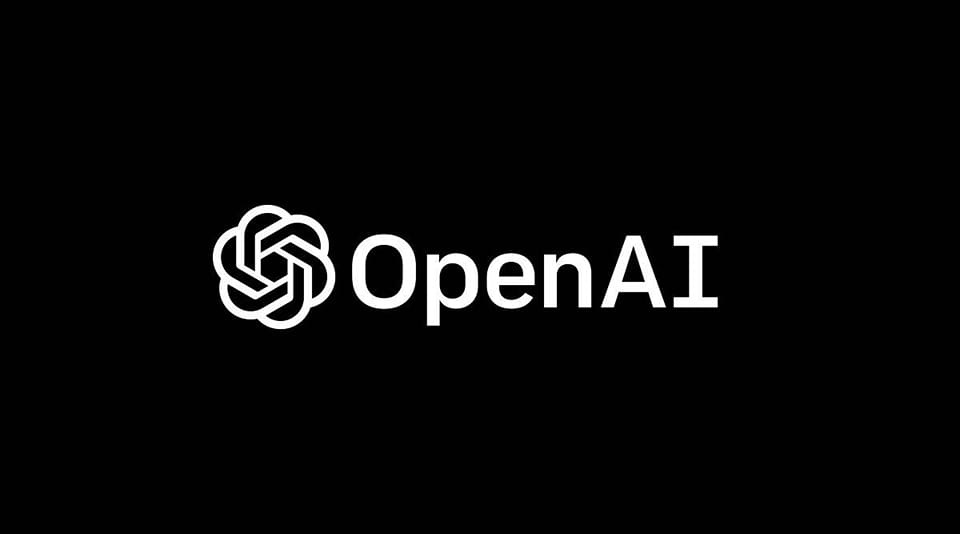The New York Times Files Lawsuit Against OpenAI and Microsoft Over Alleged Unauthorized Use of Articles

New York, 28th December 2023: In a year marked by technological advancements, the AI realm has witnessed significant growth, with various companies unveiling enhanced models. However, amidst this progress, a cloud of controversy has emerged as The New York Times filed a lawsuit against OpenAI and Microsoft in a US court last Wednesday.
The crux of the lawsuit revolves around allegations that OpenAI and a Microsoft model utilized millions of articles from The New York Times without obtaining proper permissions—a move that has stirred legal repercussions.
The New York Times contends that both OpenAI and Microsoft incorporated their articles to train AI models without seeking authorization, leading to a breach of intellectual property rights. The Times, a prominent figure among American news agencies, has taken a firm stance against the unauthorized use of its content.
Damages and Content Deletion Demanded
As part of the legal proceedings, The New York Times is seeking damages in response to the alleged misuse of its articles. Additionally, the lawsuit emphasizes that both companies should refrain from utilizing the Times’ content in the future. A notable demand includes the deletion of any data saved by the companies through the unauthorized usage.
Compensation Details Remain Undisclosed
While the lawsuit specifies the damages sought, details regarding the monetary compensation remain undisclosed. Microsoft and OpenAI have not issued any official statements in response to the legal action at the time of reporting.
Compromise Attempts and Transformational Technology
The Times reported its attempts to negotiate content deals with OpenAI and Microsoft, proposing a mutually agreeable arrangement. However, both companies asserted that their technology was ‘transformational,’ indicating that they deemed it unnecessary to engage in a commercial agreement.
The Lawsuit’s Allegations
Notably, the lawsuit asserts that the content generated by ChatGPT and Copilot, developed by OpenAI and Microsoft, respectively, appears to mimic the style of The New York Times. This claim adds an intriguing layer to the legal battle, suggesting potential similarities in the output created by the AI models.
As the legal proceedings unfold, the tech community awaits responses from Microsoft and OpenAI, and the outcome of the case is poised to have implications for the evolving landscape of AI development and intellectual property rights.








